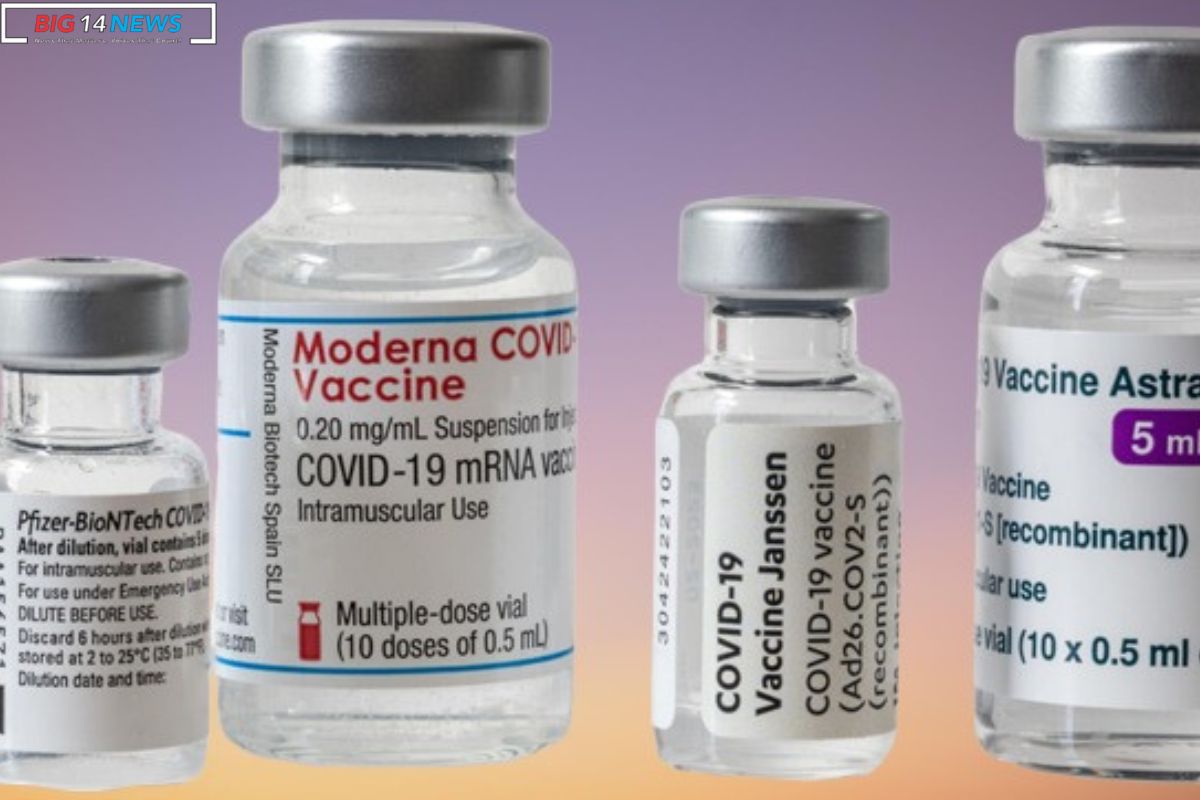COVID 19 Vaccination Plan: U.S. health officials are taking action to protect against changing COVID-19 spread. Children as young as six months can now receive COVID-19 vaccines. It is the latest step in the plan. The CDC agreed because the virus is still a threat.
With this help, people will soon get boost shots. They might even get them on Wed for some people. Despite the reduced spread, it still kills hundreds and hospitalizes thousands weekly. Hospital admissions are increasing in late summer, but new data suggests illness rates may be decreasing, particularly in the South.
Vaccinated or previously infected individuals worry about losing protection, hence the decision. COVID-19 cases, crashes, and deaths won’t likely return with a new vaccine dose.
This vaccination scheme relies on people agreeing to get shots. Approximately 42% of respondents in a recent CDC survey expressed willingness to receive the new vaccine. It is an issue as only around 20% of those offered booster shots a year ago accepted.
The FDA approved Pfizer and Moderna shots for adults and children as young as six months. Even if someone hasn’t had a COVID-19 shot, the FDA allows a single dose from age 5. Younger children may require multiple images depending on their vaccination history and COVID-19 exposure.
The CDC sets vaccine standards and aids doctors and people in the U.S. Government experts voted 13-1 for updated COVID-19 shots in this case. The dissenter suggested prioritizing older and high-risk individuals for the new shots. Most people believe these shots are suitable for all ages.
The COVID-19 vaccine will be available at stores, health centers, and doctors’ offices. The COVID-19 shots will cost around $120-$130, but most Americans can still get them through insurance or government programs. Through partnerships with health offices, hospitals, and pharmacies, uninsured or underinsured individuals can receive free shots.


ALSO READ: COVID 19: Embracing a New Normal Amidst Shifting Concerns
The FDA gave the COVID-19 vaccine . These new shots target the XBB.1.5 omicron cousin. It is a significant change. The FDA accepted Pfizer and Moderna shots, but Novavax is still under review.
Health experts believe improved vaccines will protect against various types of coronavirus, barring new mutations. Despite XBB.1.5’s decline, recent lab tests by vaccine makers and study groups indicate improved shots can guard against common coronavirus variants. Since the virus constantly changes, it’s crucial to note that past medicines and illnesses were less severe and deadly. Over time, protection weakens against mild infections.
CDC says getting the flu shot and COVID-19 shot together has no impact on efficacy or side effects. It allows people to safeguard their health by getting their annual flu shot, recommended for everyone six months and older, before the end of October.
Making COVID-19 drugs more accessible is crucial in the fight against the virus. But this plan only works if people are willing to get vaccinated and receive more shots. Amid the worsening pandemic, health officials emphasize the need to stay informed and protect your health through vaccination.
Our Reader’s Queries
What are the CDC recommendations for COVID vaccine 2023?
Persons aged 5 and older are urged to receive one dose of the 2023-2024 upgraded COVID-19 vaccines, including Pfizer-BioNTech, Moderna, or Novavax, as per CDC’s recommendation. This is to guard against severe illness caused by COVID-19.
What is the interval between Covid-19 vaccine doses?
COVID-19 vaccination protocols have been updated for the (20232024 Formula) vaccine. For those who are unvaccinated, the interval between doses for the Moderna vaccine is 48 weeks. For the Pfizer-BioNTech vaccine, the interval between Dose 1 and Dose 2 is 38 weeks, and between Dose 2 and Dose 3 is at least 8 weeks. Additionally, individuals who have already received one dose of any Moderna vaccine should wait 48 weeks after their last dose before receiving the next one.
Should I get the bivalent booster?
A bivalent booster dose should be given to anyone aged 6 months and over, at least two months after their last monovalent dose.
Are the COVID vaccines no longer approved?
Today’s actions have resulted in the discontinuation of the bivalent Moderna and Pfizer-BioNTech COVID-19 vaccines in the United States.

